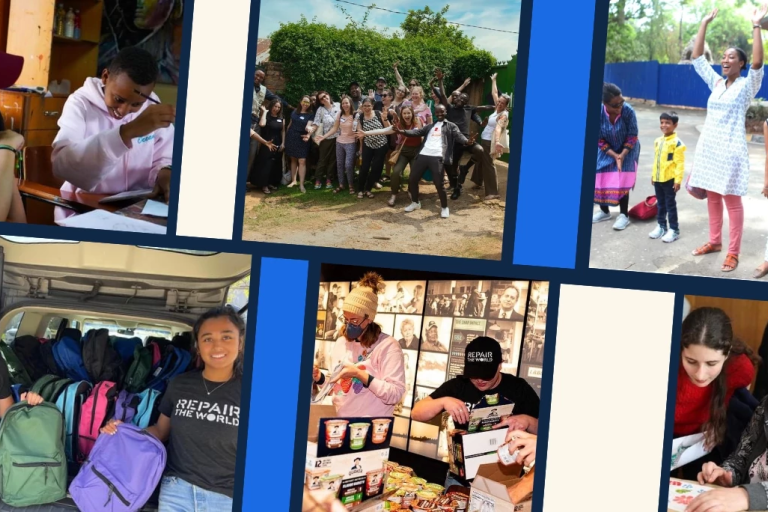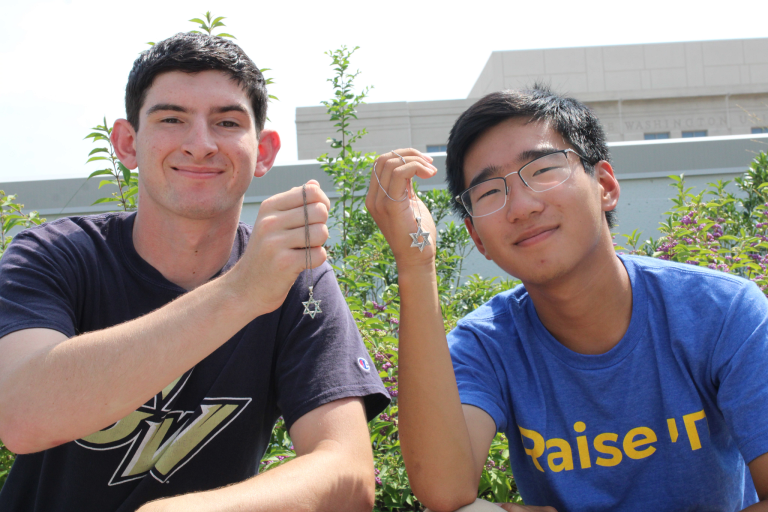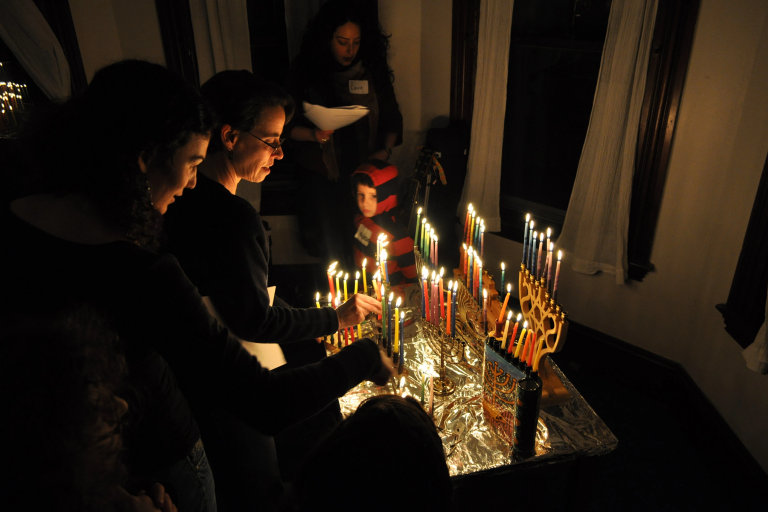By
Published
September 15, 2017
Tags
Gregg Delman lives in San Francisco and is the founder of G Three Media, a public relations consultancy focused on technology startups. He recently participated in a trip to Poland with other members of the ROI Community.
Poland is an integral part of the Jewish experience and relevant to my family’s story. Before participating in this journey, it seemed as though my family’s entire history started in New York in the 1920s—the beginnings of our story had seemed to vanish without ever being discussed or investigated. The old generation is gone and their stories have gone with them.
As a committed participant in the Jewish community and the only one in my family able to make this kind of journey, it was a dream to go, learn and bring back a part of my family’s story that would otherwise be lost. On this trip, I was finally able to gain an understanding of a lost familial history and the connective tissue that exists between our shared past and the present. What I didn’t expect was to gain a greater understanding of the Jewish experience as a whole.
My perception of Poland has always been that of the scene of THE crime, with nothing else to offer but a reminder of what can happen to our people and the importance of Israel's existence to prevent history from repeating itself. I learned that this limited view doesn't do justice to the centuries of Jewish life and culture that existed, thrived and informs our traditions to this day.
While walking around Warsaw and Krakow I felt pangs of familiarity combined with a deep discomfort. The language, the food, the sights felt like home and traditional Yiddishkite: We found (delicious) challah being sold in random stores in the countryside east of Krakow, rugelach in Warsaw baked in a way similar to how my grandmother used to make it (hard with nuts and honey vs soft and full of chocolate), Polish words identical to the Yiddish that my grandparents used to drop into conversations. It was a revelation that the "traditional" Jewish experience in the West is significantly derived from the Polish experience that flourished for more time than any of us had appreciated.
However, again and again, this familiarity with the past and insight into our collective being was poisoned by the reality of knowing what ultimately happened. With the Holocaust, we often learn about the end and its aftermath. Knowing the beginning and full richness of Jewish life created there made it all the much more devastating in a way I had not previously appreciated. Going through the destruction, step by step in excruciating detail, combined with expertly curated discussion prompts at each and every site bound us to the history, the events and each other in a way I never expected.
Without Schusterman, my experience would not have been possible and without the people I met, it wouldn't have had the same meaning and resonance. I cannot thank everyone enough for this education. I gained insight that can only come from being a proud member of ROI.
The Charles and Lynn Schusterman Family Foundation is proud to empower emerging leaders to explore their values, identity and new ways to strengthen their communities. We believe that as we work together to repair the world, it is important to share our diverse experiences and perspectives along the way. We encourage the expression of personal thoughts and reflections here on the Schusterman blog. Each post reflects solely the opinion of its author and does not necessarily represent the views of the Foundation, its partner organizations or all program participants.




